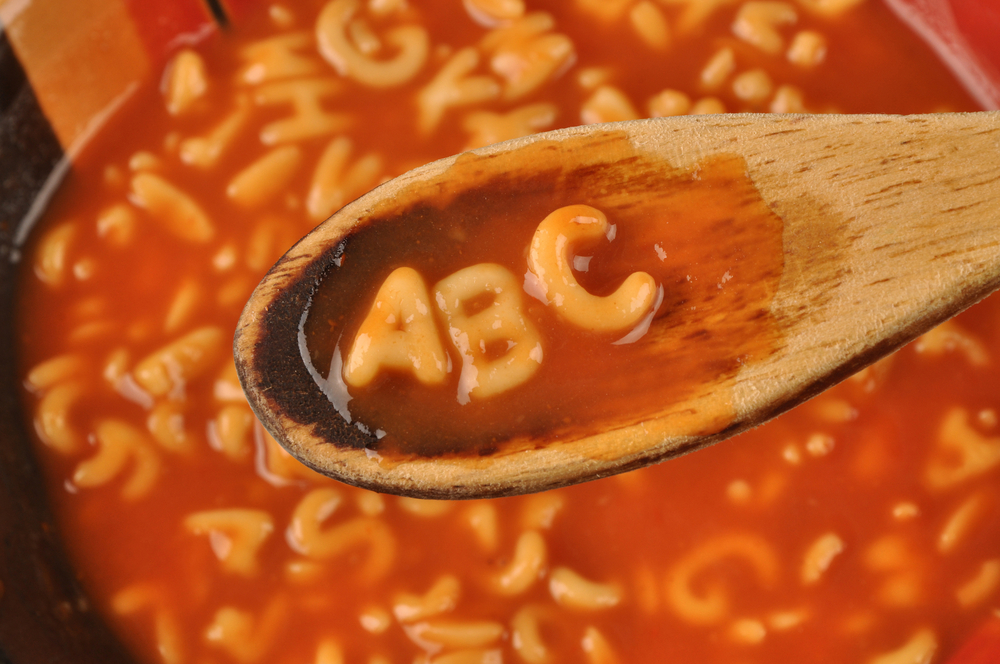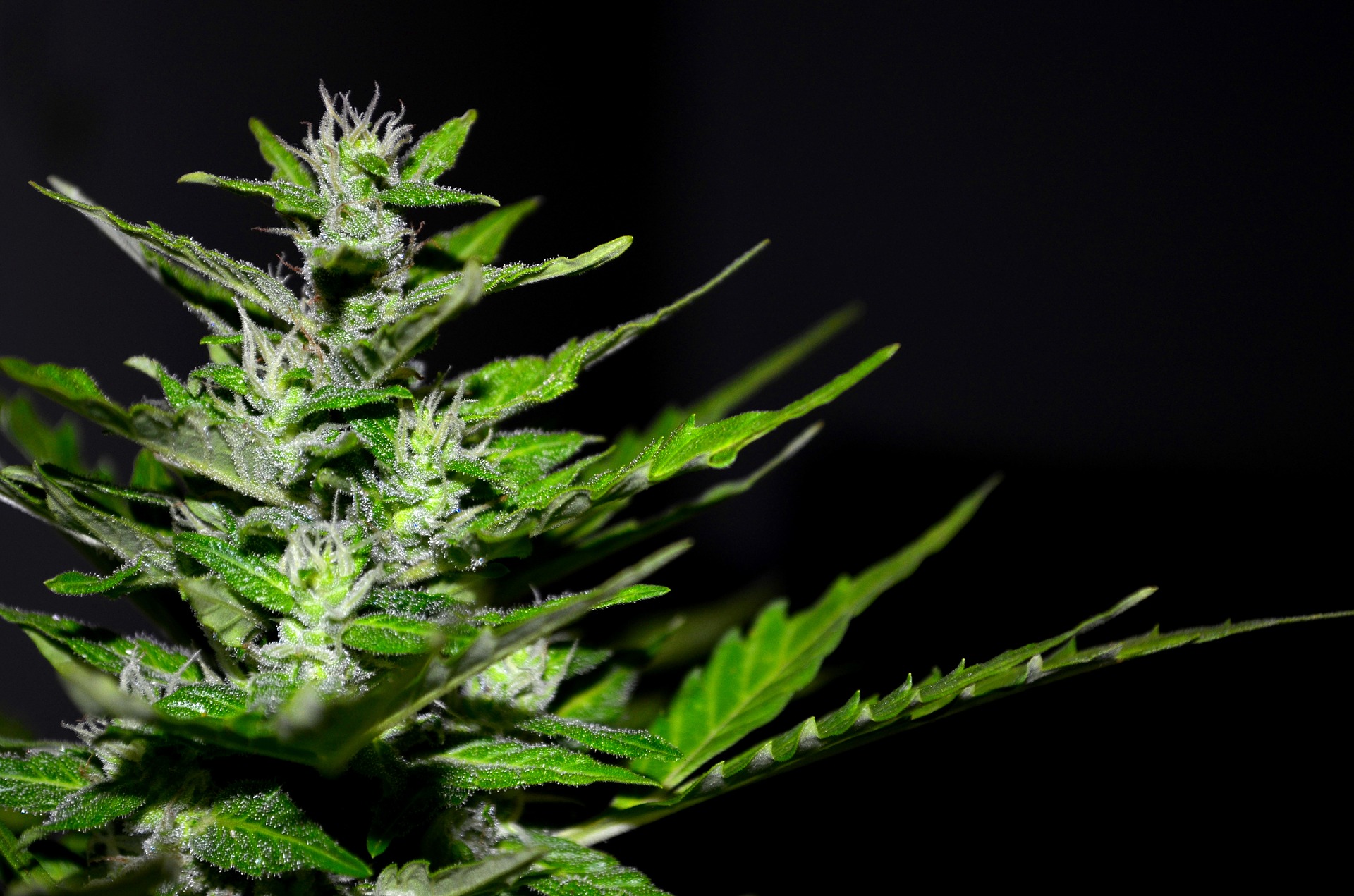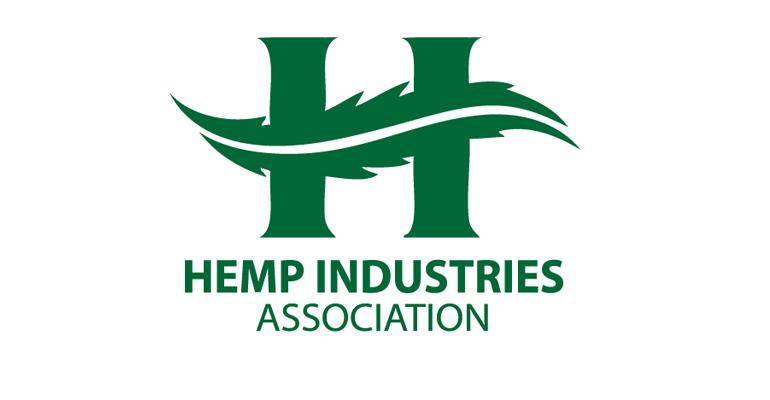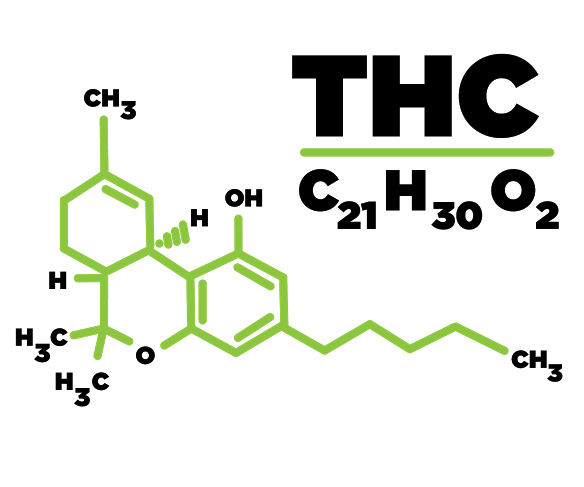In this contributor article, Vangst lays down the knowledge about acronyms in the Cannabis Industry

The following is an article produced by a contributing author. Growers Network does not endorse nor evaluate the claims of our contributors, nor do they influence our editorial process. We thank our contributors for their time and effort so we can continue our exclusive Growers Spotlight service.
VANGST GIGS SERIES
VANGST GIGS SERIES
As a newbie, getting used to the lingo in any industry can take some getting used to. The cannabis industry is no exception, and as it grows it can be a real challenge to keep up with all the new companies, products, and even methods of consumption!
We’ve created a quick reference guide for you to understand some of those zany acronyms you’ll hear and read about in your cannabis job, and by the time you reach the end of this list, you’ll be a expert! (Or at least sound like you know what you’re talking about with your colleagues.)
This isn’t an exhaustive list. The industry is ever-changing and full of scientific terminology. But for the cannabis newbie – or any seasoned pro who wants a review – this is a great place to start!
READ ON TO DECODE THE ALPHABET SOUP OF CANNABIS.

BOE – based on experience. Simply put, employees’ rate of pay will be determined by their prior experience. This is seen on many job listings in place of a fixed rate. Typically – and in a perfect world – more experience means a higher pay rate.
BHO – butane hash oil. A potent form of cannabis concentrate that comes in several forms of different consistencies such as shatter, wax and more. Used for dabbing (and we don’t mean the ubiquitous dance move that resembles sneezing).
CBD – cannabinoid, also cannabidiol. Cannabinoids are the diverse chemical compounds that are the active parts in a cannabis plant, such as the most commonly known THC (see below). Cannabidiol is another type of cannabinoid that is frequently used to treat pain, and is not known to have psychoactive effects.
CDC – Centers for Disease Control and Prevention. The US agency responsible for tracking and investigating public health trends. They provide many cannabis use tools and resources.

CO2 – carbon dioxide. For those who actually remember chemistry class, you’ll know this is a colorless gas. In cannabis, CO2 is used for extraction and is turned into CO2 oil, which can be used in a variety of cannabis products.
DEA – Drug Enforcement Agency. A government agency that deals with drug abuse and drug smuggling in the US. The DEA is not a fan of cannabis, as it is still considered a Schedule I drug on the Controlled Substances list.
EPC – extended plant count. Refers to the number of medical cannabis plants that a qualifying patient is allowed to grow in their own home. It is granted based on proof of legible medical records proving their ailments.

FDA – US Food and Drug Administration. The FDA is responsible for protecting public health regarding food, tobacco, and other products. They regulate and approve drug products for medical use. (One CBD product has been FDA-approved, but cannabis is still in waiting.)
FF – fresh frozen. This describes cannabis concentrates made from plant material that has been cryogenically frozen immediately after harvest in order to best preserve it. Also refers to a type of hashish made using fresh frozen cannabis flower and trim.
FSE – full spectrum extract. A type of hash oil that includes a higher percentage of a cannabis plant’s unique cannabinoids and terpenes.
HIA – Hemp Industries Association. A non-profit trade association that represents hemp companies, researchers and supporters in the US and Canada. The group petitions for fair and equal treatment of industrial hemp.

MED – Marijuana Enforcement Division. This is the state division in charge of providing the operational rules for the legal cannabis industry in Colorado.
METRC – Marijuana Enforcement Tracking Reporting Compliance. A regulatory system that cannabis businesses use to monitor cannabis plants from ‘seed-to-sale’ (from the time they are a seed to when their products are sold) in order to comply with state regulations. It’s the official system used by the state of Colorado.
MIPs – marijuana-infused products. Edibles, THC soda, and anything created using a cannabis concentrate falls under this category. MIP also refers to a licensed facility where these products are made.
MITS – Marijuana Inventory Tracking Solution. Program that tracks individual cannabis plants according to government regulation (see METRC above).
MMJ – medical marijuana/cannabis. The cannabis or cannabis products that are recommended to patients by doctors to treat a variety of ailments.

OLCC – Oregon Liquor Control Commission. This is used in reference to the Oregon MED Badge, which allows a business or individual to operate within the legal cannabis industry.
POS – point of sale system. Software used in dispensaries and retail outlets to help manage their inventory, process cash transactions, and other primary functions.
REC – recreational cannabis. Cannabis or cannabis product intended for personal consumption. Also referred to as “adult-use.”
THC - tetrahydrocannabinol. Remember when we talked about CBD (cannabinoids)? THC is the most common cannabinoid and the most common psychoactive molecule in a cannabis plant.
THCa – tetrahydrocannabinolic acid. Different from THC! This is a non-psychoactive compound found in raw and live cannabis. THCa slowly converts to THC as the cannabis plant dries, and heat accelerates this process when flower is smoked or vaporized.

10 Best Gift Ideas for Cannabis Connoisseurs and Growing Aficionados (2022)
December 7, 2022Developing and Optimizing a Cannabis Cultivation System
December 14, 2021Dealing with Insomnia: How Can CBD Help?
December 10, 2020Your Guide to Sleep and CBD
December 7, 2020
Do you want to receive the next Grower's Spotlight as soon as it's available? Sign up below!
Resources:
Want to get in touch with Vangst? They can be reached via the following methods:
- Website: vangst.com
- Email: info@vangsttalent.com

Do you have any questions or comments?

About the Author
Since launching in 2015, Vangst has connected over 5,500 candidates with jobs in the rapidly emerging cannabis industry. Through direct hire, employees on demand, career fairs, and their job board, the Vangst team continues to pioneer recruiting solutions tailored specifically to the cannabis industry.